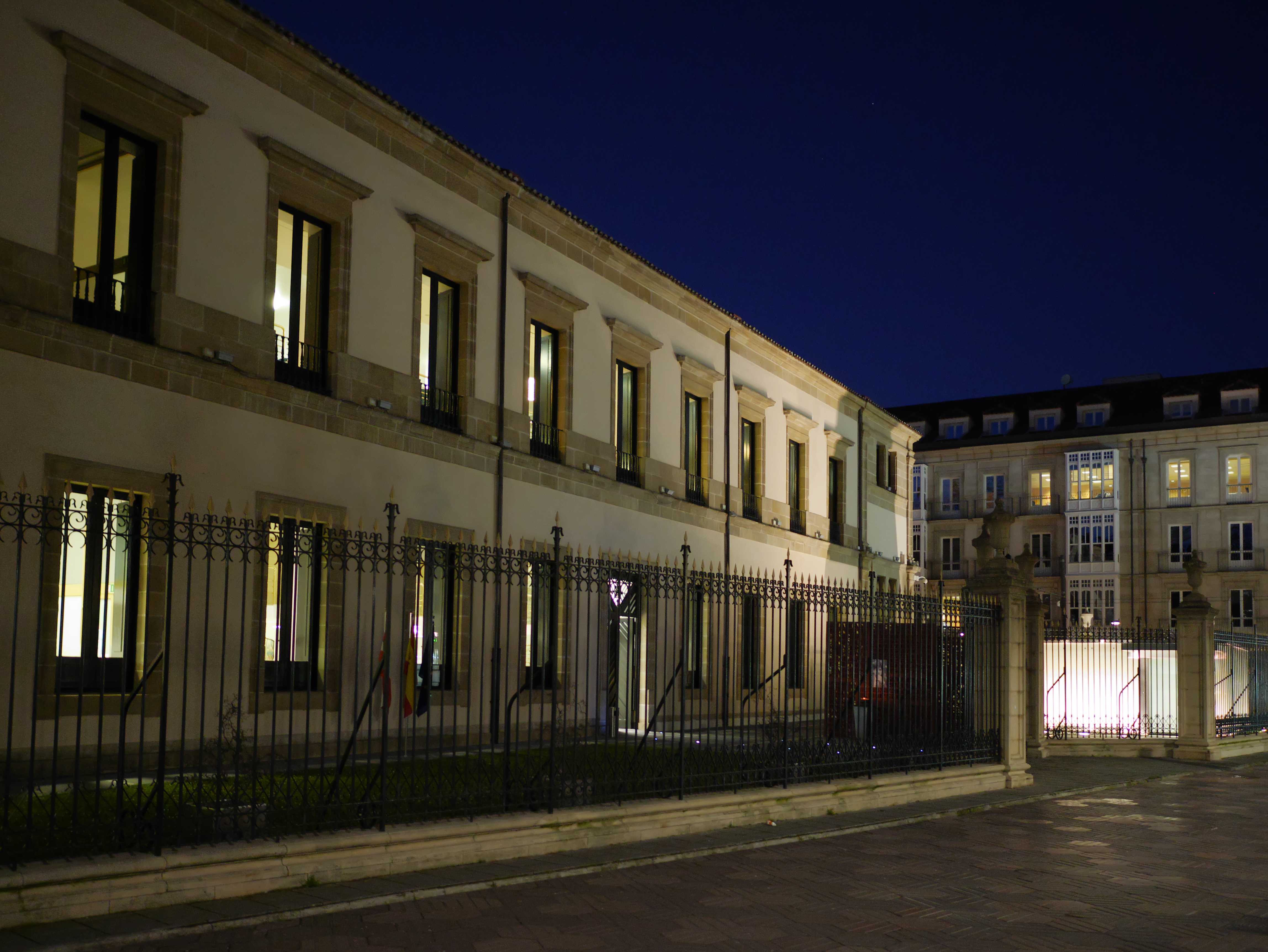|
1990 Basque Regional Election
The 1990 Basque regional election was held on Sunday, 28 October 1990, to elect the 4th Basque Parliament, Parliament of the Basque Country (autonomous community), Basque Autonomous Community. All 75 seats in the Parliament were up for election. The Basque Nationalist Party (EAJ/PNV) won 22 seats, the Socialist Party of the Basque Country (PSE–PSOE) came second with 16 seats, Herri Batasuna, Popular Unity (HB) came third with 13 seats and Eusko Alkartasuna, Basque Solidarity (EA) won 9 seats. The People's Party (Spain), People's Party (PP) and Euskadiko Ezkerra, Basque Country Left (EE) each won 6 seats. Overview Electoral system The Basque Parliament was the Devolution, devolved, unicameral legislature of the Autonomous communities of Spain, autonomous community of the Basque Country (autonomous community), Basque Country, having legislative power in regional matters as defined by the Spanish Constitution of 1978, Spanish Constitution and the Statute of Autonomy of the Basque Co ... [...More Info...] [...Related Items...] OR: [Wikipedia] [Google] [Baidu] |
Basque Parliament
The Basque Parliament (Basque: ''Eusko Legebiltzarra'', Spanish: ''Parlamento Vasco'') is the legislative body of the Basque Autonomous Community of Spain and the elected assembly to which the Basque Government is responsible. The Parliament meets in the Basque capital, Vitoria-Gasteiz, although the first session of the modern assembly, as constituted by the Statute of Autonomy of the Basque Country, was held in Guernica – the symbolic centre of Basque freedoms – on 31 March 1980. Later in 1980 it started meeting at the premises of the Council of Álava. In 1982, it got its own site in a former high school. The symbol of the Parliament is an oaken sculpture by Nestor Basterretxea representing a stylized tree, an allusion to the tradition of Basque political assemblies meeting under a tree, as in Guernica. It is composed of seventy-five deputies representing citizens from the three provinces of the Basque autonomous community. Each province (Álava, Gipuzkoa and Bisc ... [...More Info...] [...Related Items...] OR: [Wikipedia] [Google] [Baidu] |
People's Alliance (Spain)
The People's Alliance ( es, Alianza Popular, AP) was a post-Francoist electoral coalition, and later a conservative political party in Spain, founded in 1976 as a federation of political associations. Transformed into a party in 1977 and led by Manuel Fraga, it became the main conservative right-wing party in Spain. It was refounded as the People's Party in 1989. History AP was born on 9 October 1976 as a federation of political associations (proto-parties). The seven founders were Manuel Fraga, Laureano López Rodó, Cruz Martínez Esteruelas, Federico Silva Muñoz, Gonzalo Fernández de la Mora, Licinio de la Fuente and . All seven had been officials in the dictatorship of Francisco Franco; the first six had held cabinet-level posts. They became known as ''los siete magníficos'' ("The Magnificent Seven"). Giving up in the project of a "reformist centre" Fraga and his small association Democratic Reform (successor of ) made a turn towards neo-Francoism (the opposite pat ... [...More Info...] [...Related Items...] OR: [Wikipedia] [Google] [Baidu] |
Unicameral Legislature
Unicameralism (from ''uni''- "one" + Latin ''camera'' "chamber") is a type of legislature, which consists of one house or assembly, that legislates and votes as one. Unicameral legislatures exist when there is no widely perceived need for multicameralism (two or more chambers). Many multicameral legislatures were created to give separate voices to different sectors of society. Multiple houses allowed, for example, for a guaranteed representation of different social classes (as in the Parliament of the United Kingdom or the French States-General). Sometimes, as in New Zealand and Denmark, unicameralism comes about through the abolition of one of two bicameral chambers, or, as in Sweden, through the merger of the two chambers into a single one, while in others a second chamber has never existed from the beginning. Rationale for unicameralism and criticism The principal advantage of a unicameral system is more efficient lawmaking, as the legislative process is simpler and there is ... [...More Info...] [...Related Items...] OR: [Wikipedia] [Google] [Baidu] |

